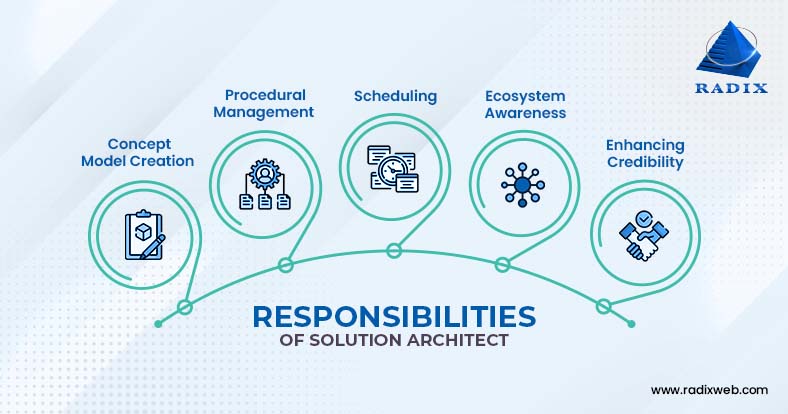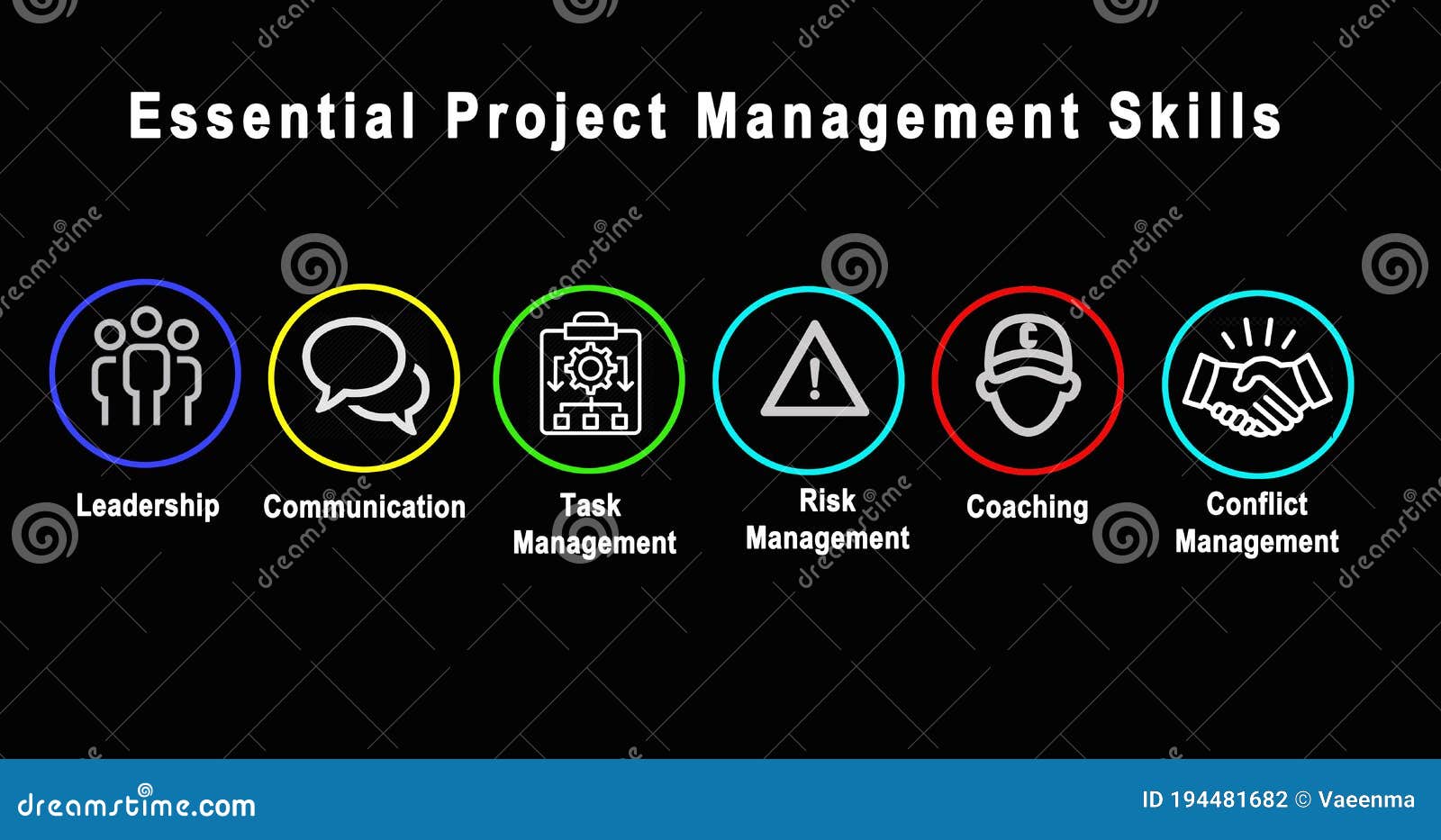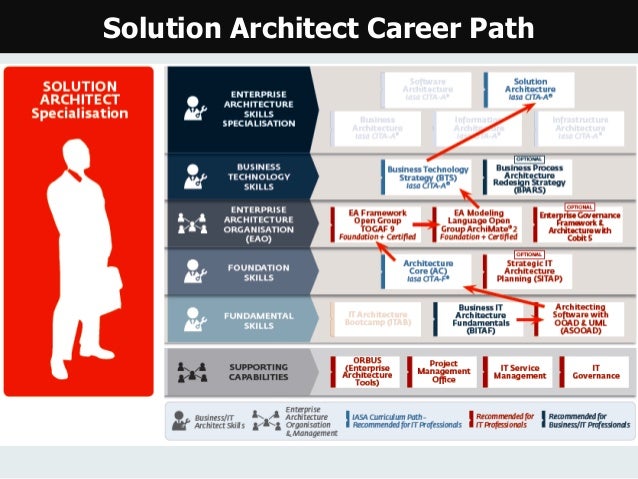Defining the Role of a Solution Architect
Solution architects play a crucial role in the technology industry, serving as the bridge between business requirements and technical solutions. They are responsible for designing and overseeing the implementation of complex systems that address the specific needs of an organization. Solution architects possess a deep understanding of both business and technology, allowing them to translate high-level objectives into practical, scalable, and efficient IT solutions. At the core of a solution architect’s responsibilities is the ability to analyze an organization’s requirements, identify pain points, and devise innovative strategies to address them. They work closely with stakeholders, project managers, and development teams to ensure that the proposed solutions align with the organization’s goals, adhere to industry standards, and deliver maximum value. By leveraging their technical expertise and problem-solving skills, solution architects are instrumental in shaping the technology landscape of their respective organizations.
Key Responsibilities of a Solution Architect
Solution architects are responsible for a wide range of critical tasks that ensure the successful design, implementation, and integration of complex IT systems. At the core of their duties is the ability to analyze an organization’s business needs and translate them into effective technical solutions. One of the primary responsibilities of a solution architect is to design system architectures that address the specific requirements of the organization. This involves evaluating existing infrastructure, identifying pain points, and proposing innovative solutions that leverage emerging technologies and industry best practices. Solution architects must possess a deep understanding of various software and hardware components, as well as their interdependencies, to ensure seamless integration and scalability.
In addition to system design, solution architects also play a crucial role in overseeing the implementation of their proposed solutions. They work closely with project managers, development teams, and other stakeholders to ensure that the project stays on track, adheres to budgetary and timeline constraints, and delivers the expected outcomes. Solution architects are responsible for identifying and mitigating risks, troubleshooting issues, and making necessary adjustments to the architecture throughout the project lifecycle.
Another key responsibility of a solution architect is to ensure the seamless integration of various components within the IT ecosystem. They must possess strong problem-solving skills and the ability to think holistically, considering the impact of their decisions on the entire system. Solution architects often serve as the liaison between different teams, fostering collaboration and ensuring that all components work together harmoniously.
Overall, the role of a solution architect is multifaceted, requiring a unique blend of technical expertise, business acumen, and project management skills. By fulfilling these critical responsibilities, solution architects play a pivotal role in shaping the technology landscape of their organizations and driving innovation.
Essential Skills and Expertise
Becoming a successful solution architect requires a unique blend of technical expertise, problem-solving abilities, and soft skills. These professionals must possess a deep understanding of various technologies, architectures, and industry best practices to design and implement effective solutions. One of the core skills for a solution architect is technical proficiency. They must be well-versed in a wide range of technologies, including programming languages, databases, cloud platforms, and emerging technologies. Solution architects need to stay up-to-date with the latest industry trends and innovations to ensure that their proposed solutions are cutting-edge and future-proof.
In addition to technical expertise, solution architects must also possess strong problem-solving skills. They are often tasked with addressing complex challenges that require creative and innovative thinking. Solution architects must be able to analyze problems from multiple angles, identify root causes, and devise practical solutions that align with the organization’s goals and constraints.
Effective communication and collaboration skills are also essential for solution architects. They must be able to translate technical concepts into business-friendly language, ensuring that stakeholders understand the proposed solutions and their benefits. Solution architects often work with cross-functional teams, including developers, project managers, and business analysts, and must be able to facilitate seamless collaboration and coordination.
Project management expertise is another critical skill for solution architects. They are responsible for overseeing the implementation of their proposed solutions, which requires the ability to manage timelines, budgets, and resources effectively. Solution architects must be adept at risk identification, mitigation, and issue resolution to ensure the successful delivery of their projects.
Finally, solution architects must maintain a customer-centric mindset, prioritizing the needs and requirements of the end-users. They must be able to empathize with the challenges faced by the organization and its stakeholders, and design solutions that address those pain points while delivering maximum value.
By possessing this unique combination of technical expertise, problem-solving abilities, communication skills, and project management acumen, solution architects play a pivotal role in driving innovation and transforming the technology landscape of their organizations.
How to Become a Solution Architect
Becoming a solution architect is a rewarding career path that requires a combination of education, industry experience, and continuous learning. While there is no single, prescribed route to this role, there are several steps aspiring professionals can take to build the necessary skills and expertise. Educational Background: Many solution architects hold advanced degrees in computer science, information technology, or a related field. A bachelor’s degree in a technical discipline, such as computer engineering or software development, can serve as a strong foundation. Additionally, pursuing a master’s degree in fields like systems engineering or enterprise architecture can further enhance one’s knowledge and credibility.
Relevant Certifications: Solution architects often hold industry-recognized certifications that demonstrate their expertise in specific technologies or architectural frameworks. Some popular certifications include the AWS Certified Solutions Architect, TOGAF (The Open Group Architecture Framework) certification, and various vendor-specific certifications, such as those offered by Microsoft, Google, or IBM.
Hands-on Experience: Gaining practical experience is crucial for aspiring solution architects. They can start by taking on technical roles, such as software developer, systems analyst, or IT consultant, to build a strong foundation in various technologies and problem-solving methodologies. As they progress, they can take on more complex projects and gradually transition into a solution architect role, leveraging their technical expertise and business acumen.
Continuous Learning: The field of solution architecture is constantly evolving, with new technologies, frameworks, and best practices emerging regularly. Successful solution architects are committed to continuous learning, staying up-to-date with industry trends, and expanding their knowledge through online courses, conferences, and industry publications.
Networking and Mentorship: Building a strong professional network and seeking out experienced mentors can be invaluable for aspiring solution architects. Attending industry events, participating in online communities, and connecting with seasoned professionals can provide valuable insights, guidance, and potential job opportunities.
By following this educational and professional path, aspiring solution architects can develop the necessary skills, expertise, and industry recognition to thrive in this dynamic and rewarding career.
The Evolving Landscape of Solution Architecture
The field of solution architecture is constantly evolving, driven by the rapid advancements in technology and the changing demands of the business landscape. As organizations strive to stay competitive and adapt to new challenges, solution architects must be at the forefront of these transformations, embracing emerging technologies and industry trends. One of the most significant shifts in the solution architecture landscape is the growing importance of cloud computing. With the widespread adoption of cloud-based platforms and services, solution architects must possess a deep understanding of cloud architecture, including the design and implementation of scalable, secure, and cost-effective cloud solutions. They must also be adept at leveraging the flexibility and agility offered by cloud technologies to deliver innovative solutions that meet the organization’s needs.
Another key trend in the solution architecture field is the increasing emphasis on data analytics and business intelligence. As organizations strive to make data-driven decisions, solution architects must be able to design and integrate robust data management systems, including data lakes, data warehouses, and advanced analytics tools. They must also possess the ability to translate complex data insights into actionable business strategies.
The rise of agile methodologies and DevOps practices has also had a significant impact on the role of solution architects. These professionals must be able to adapt to more iterative and collaborative development approaches, working closely with cross-functional teams to deliver solutions in a rapid and iterative manner. Solution architects must also be skilled in implementing continuous integration and continuous deployment (CI/CD) pipelines to ensure the seamless and efficient delivery of their proposed solutions.
Furthermore, the growing importance of emerging technologies, such as artificial intelligence (AI), machine learning (ML), and the Internet of Things (IoT), is transforming the solution architecture landscape. Solution architects must stay abreast of these advancements and be able to incorporate them into their designs, leveraging the power of these technologies to create innovative and disruptive solutions.
As the technology landscape continues to evolve, solution architects must be agile, adaptable, and committed to continuous learning. By embracing these changes and staying ahead of the curve, solution architects can play a pivotal role in shaping the future of their organizations and driving digital transformation.
Navigating the Career Progression of a Solution Architect
The career path of a solution architect can be both rewarding and multifaceted, offering a range of growth opportunities for professionals who are willing to continuously expand their skills and expertise. Many solution architects begin their careers in more technical roles, such as software developers, systems analysts, or IT consultants. As they gain hands-on experience and demonstrate their ability to bridge the gap between business requirements and technical solutions, they can transition into the solution architect role, leveraging their deep understanding of both the business and technology domains.
As solution architects progress in their careers, they may have the opportunity to take on more strategic and leadership positions. Some may transition into the role of enterprise architect, responsible for aligning the organization’s technology initiatives with its overall business strategy. Others may move into management positions, leading teams of solution architects and overseeing the delivery of complex, enterprise-wide solutions.
Another potential career path for experienced solution architects is to become independent consultants or freelance experts. In this capacity, they can leverage their specialized knowledge and expertise to provide advisory services to a wide range of clients, helping organizations navigate the complexities of technology and design innovative solutions tailored to their specific needs.
Additionally, some solution architects may choose to pursue academic or research-oriented roles, contributing to the advancement of the field through teaching, publishing, or participating in industry research and development initiatives. This can be a particularly rewarding path for those who are passionate about pushing the boundaries of solution architecture and shaping the future of the industry.
Regardless of the specific career trajectory, successful solution architects share a common trait: a commitment to continuous learning and professional development. As the technology landscape evolves, solution architects must be agile, adaptable, and proactive in acquiring new skills and staying ahead of industry trends. By embracing this mindset, they can position themselves for long-term success and make a lasting impact on the organizations they serve.
Successful Solution Architect Case Studies
To better understand the impact and value that solution architects can bring to organizations, it’s helpful to examine real-world case studies of successful projects. These examples showcase the diverse range of challenges that solution architects can address and the transformative impact they can have on businesses. One such case study involves a leading e-commerce company that was struggling with the scalability and reliability of its online platform. The organization brought in a seasoned solution architect to assess the existing infrastructure and design a more robust, cloud-based solution. The solution architect conducted a thorough analysis of the company’s business requirements, identified the pain points in the current system, and proposed a comprehensive plan to migrate the platform to a highly scalable and fault-tolerant cloud architecture.
By leveraging the solution architect’s expertise in cloud computing, data analytics, and microservices, the company was able to significantly improve the performance, availability, and security of its online platform. The new architecture enabled the company to handle sudden spikes in traffic, reduce operational costs, and enhance the overall user experience. The solution architect’s ability to bridge the gap between business objectives and technical implementation was instrumental in the project’s success.
Another case study involves a financial services firm that was struggling to keep pace with the rapidly evolving regulatory landscape. The organization engaged a solution architect to design a flexible and adaptable compliance management system. The solution architect worked closely with the firm’s legal and compliance teams to understand the specific regulatory requirements, and then designed a modular, cloud-based platform that could be easily updated and scaled as new regulations emerged.
The solution architect’s deep understanding of enterprise architecture, data management, and workflow automation enabled the financial services firm to streamline its compliance processes, reduce the risk of non-compliance, and improve overall operational efficiency. The project was widely regarded as a success, with the solution architect’s ability to translate complex regulatory requirements into a practical, technology-driven solution being a key factor in its implementation.
These case studies demonstrate the critical role that solution architects play in driving innovation, improving operational efficiency, and delivering tangible business value. By leveraging their technical expertise, problem-solving skills, and strategic thinking, solution architects can help organizations navigate the ever-changing technology landscape and achieve their goals.
Advice for Aspiring Solution Architects
For individuals interested in pursuing a career as a solution architect, there are several valuable insights and pieces of advice to consider: Develop a Diverse Skill Set: Solution architects must possess a unique blend of technical expertise, business acumen, and soft skills. Aspiring professionals should strive to develop a well-rounded skill set, including proficiency in programming, database management, cloud computing, project management, and effective communication.
Embrace Continuous Learning: The field of solution architecture is constantly evolving, with new technologies, frameworks, and best practices emerging regularly. Successful solution architects are committed to continuous learning, staying up-to-date with industry trends, and expanding their knowledge through online courses, certifications, conferences, and industry publications.
Foster a Customer-Centric Mindset: Solution architects must maintain a strong focus on the needs and requirements of their customers, whether they are internal stakeholders or external clients. Developing empathy, understanding the pain points, and designing solutions that deliver maximum value are crucial for success in this role.
Build a Robust Professional Network: Networking and building relationships with experienced solution architects, industry experts, and potential mentors can be invaluable for aspiring professionals. Attending industry events, participating in online communities, and leveraging professional connections can provide valuable insights, guidance, and potential job opportunities.
Develop Strong Communication and Collaboration Skills: Solution architects must be able to effectively communicate complex technical concepts to non-technical stakeholders, facilitate cross-functional collaboration, and navigate the dynamics of diverse teams. Honing these soft skills can significantly enhance one’s ability to succeed in this role.
Gain Practical Experience: While formal education and certifications are important, hands-on experience is crucial for aspiring solution architects. Seeking out opportunities to work on real-world projects, participate in internships, or take on technical roles can provide valuable insights and help build the necessary skills and expertise.
By following this advice and continuously striving to expand their knowledge and capabilities, aspiring solution architects can position themselves for a rewarding and impactful career in this dynamic and rapidly evolving field.






